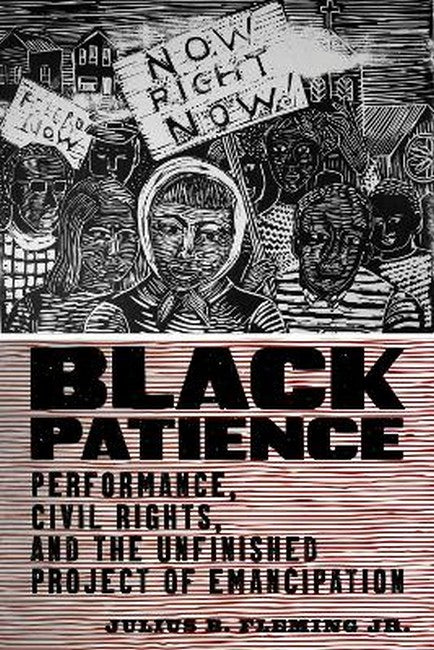Julius B. Fleming Jr. is Assistant Professor of English at the University of Maryland, College Park, where he specializes in African American literary and cultural production and performance studies.
Request Academic Copy
Please copy the ISBN for submitting review copy form
Description
Demonstrates how temporality as an analytic helps us understand the dynamics of antiblack racism within a political economy of black subjugation. By uncovering little-known plays or unexpected black spaces where plays were produced, Julius Fleming expands the Civil Rights Movement's literary canon and indexes the multiple registers of 'patience' mobilized by blacks and whites within white supremacy and black resistance. Beautifully written and meticulously researched, Black Patience is a tour de force. * E. Patrick Johnson, author of Honeypot: Black Southern Women Who Love Women * Offers crucial insight into debates about black political action by carefully and convincingly locating progress in the ephemerality of the now. Adding a distinctive and powerful addition to the history and critical understanding of the Civil Rights Movement, Julius Fleming details the impact of direct action in the present to establish the importance of black theatre to black freedom. * Soyica Diggs Colbert, Georgetown University * Creating a new framework to understand the classical phase of the civil rights movement is no easy task given the number of published books on the topic. However, through his focus on temporality and the links between time and affect-patience is, definitionally, about time-Fleming has done just that. * Journal of Southern History * Fleming successfully accomplishes what he describes as a key purpose of the book: "to map a new cultural and political history of the Civil Rights Movement" (41). * American Literary History *

